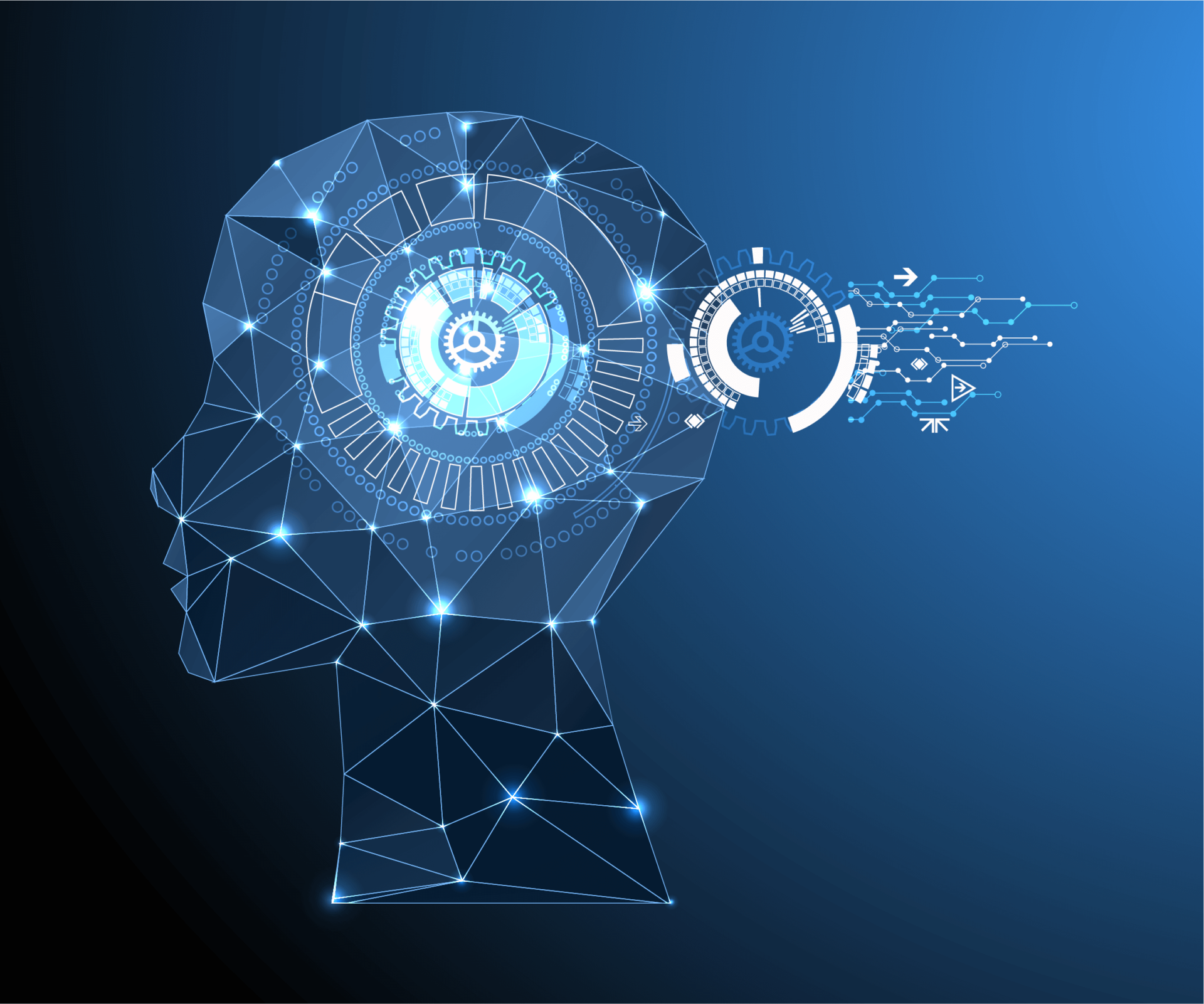A number of technology trends got the lion’s share of buzz and display at IBC’s 50th edition: cloud and smart hybrid infrastructure, video over IP, workflow orchestration and automation, and last but not least big data, machine learning and artificial intelligence (AI). As game-changing as they can be, we believe that these are in fact enablers of a much bigger trend: better serving and engaging with audiences.
Content discovery for consumers
It is well documented that the success of online video relies, in part, on metadata. Metadata-centric workflows give viewers the freedom to become more engaged. They can discover and explore more content, navigating directly to the most interesting scenes (including the intent of the scene, e.g. serene, suspense, etc.).
Publishers can fully monetize viewer habits and experiences in the most effective way possible with a Media Asset Management (MAM) & Orchestration platform that allows end-to-end authoring and managing asset metadata in their production workflow. For on-demand video consumption, accurate description of content is key to help narrow recommendation engines to more relevant suggestions. For ad-based or product placement models, metadata helps define the optimal in-stream video insertion points, allowing publishers greater control and flexibility with their advertising strategies. Scene metadata such as character name, player name, topic, keyword, etc. become key. The more accurate and rich the description of these insertion points, the better the advertisers can pick the slots that fit both their target audience and the brand experience they look to create.
Metadata-driven operations & workflows
Today, metadata is also at the heart of the orchestration of workflows and automation of processes, both of which become increasingly important to streamline and scale production and distribution operations. Any process and/or action in the chain of operations can be triggered by any change or fulfillment of a condition on any of the fields of the data model. These configurable metadata-driven workflows are extremely powerful. While the industry has moved away from the simplicity of “one profile per customer”, we can today create an environment where a single workflow can produce all the desired outputs just by changing the metadata that initiates a particular process.
Managing complex media objects
Metadata is core to structure and manage complex media objects and their relations, to enable operations like versioning and packaging of track stacks or compositions. To enable better collaboration and flawless content transformation and curation, organizations need to disintermediate the supply chain. One of the key concepts is to avoid the confirmation of a project or a composition until it actually needs to be packaged for an output. To enable this, media management platforms need to handle complex objects seamlessly so that users can work directly with the elementary components of a media package or project. This gives them the ability to manipulate, transform, share and repurpose content in a very efficient and agile way – a concept called transclusion. The Dalet Galaxy platform’s user tools, data model, and workflow engine offer a robust and configurable framework to power these types of operations. They support all the industry latest standards like IMF, DPP and many others.
Augmenting media tagging & operations with AI
Video is a complex medium that requires both human-authored metadata, which is flexible and traditionally more accurate, and automatically-created metadata, which is quickly growing thanks to AI-powered services. AI is indeed a key next step for the media industry. Dalet has recently showcased, at IBC 2017, some first prototypes connecting a selection of AI engines to the Dalet Galaxy platform in order to build new services that range from simple, automated content indexing and metadata generation, all the way to smart assistants that augment user operations. Deployable on-premises or in the cloud, these services produce time-correlated, multi-dimensional metadata from audio and video data, unlocking new insights. Coupling these services with the Dalet Galaxy platform provides broadcasters and media organizations with an end-to-end solution that will serve as an enabler to capture tomorrow’s business opportunities and generate new benefits.
Featured in: Artificial Intelligence | Content Discovery | Machine Learning | Metadata |




